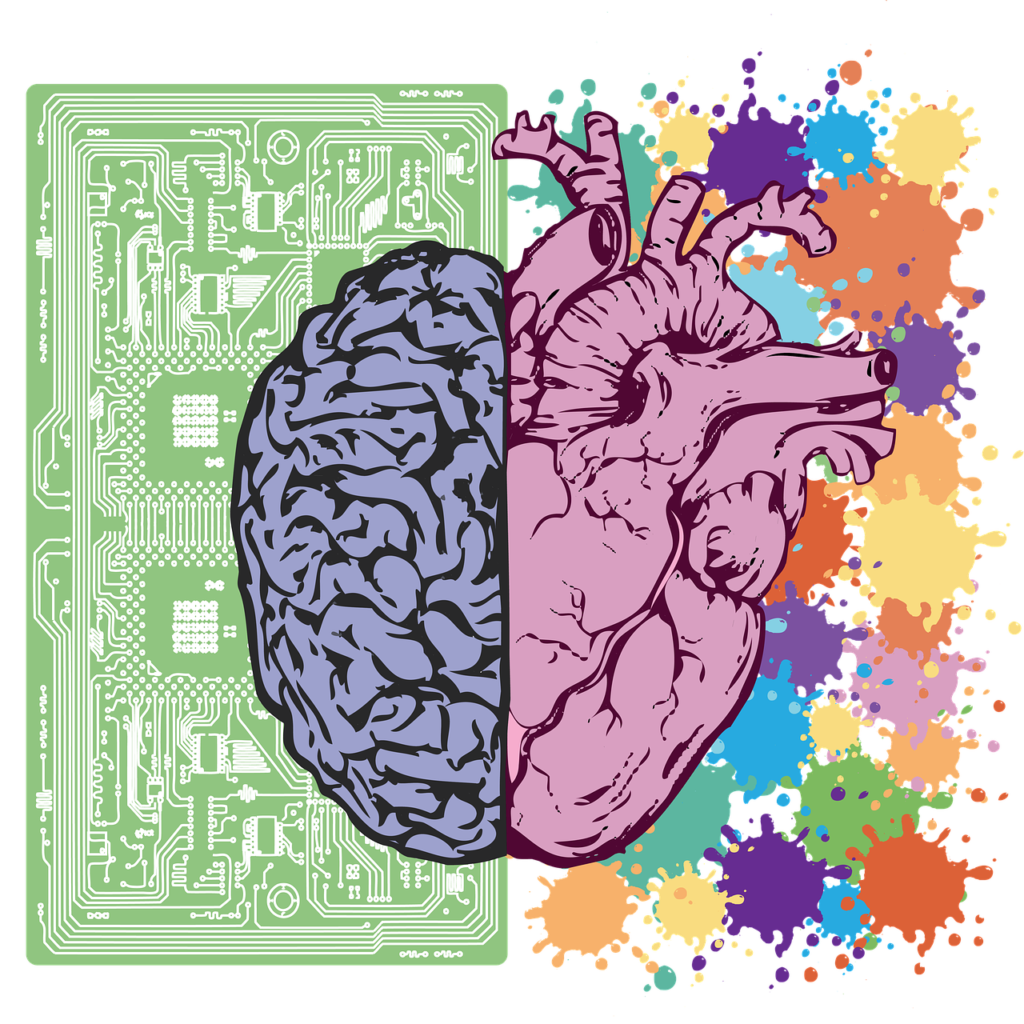Art, music, and creative content generation have always been shaped by advancements in technology. From the invention of the printing press to the rise of digital art, each new development has brought new possibilities and challenges. In recent years, artificial intelligence (AI) has emerged as a powerful tool that is transforming the way we create and consume art, music, and creative content.
AI in Art
AI has made significant contributions to the world of art, enabling artists to explore new techniques and push the boundaries of creativity. One of the most notable applications of AI in art is the creation of generative art. Generative art refers to artwork that is created with the help of algorithms and AI systems. These systems can analyze existing artwork, learn from it, and generate new pieces based on the patterns and styles they have learned.
AI-powered algorithms can also assist artists in the creation process by providing suggestions and feedback. For example, AI can analyze an artist’s work and offer suggestions on color palettes, composition, or even generate alternative versions of the artwork. This collaboration between human artists and AI systems has the potential to unlock new levels of creativity and produce unique and innovative artwork.
AI in Music
The impact of AI on the music industry has been profound. AI algorithms can analyze vast amounts of data to identify patterns and trends, which can be used to create music. This has led to the emergence of AI-generated music, where algorithms compose original pieces based on the data they have processed.
AI can also assist musicians in the creative process. For example, AI-powered tools can analyze a musician’s style and generate suggestions for melodies, chord progressions, or even lyrics. This can be particularly useful for songwriters who may experience writer’s block or need inspiration.
Furthermore, AI has revolutionized the way music is produced and mixed. AI algorithms can analyze audio tracks and automatically adjust levels, remove background noise, and even enhance the sound quality. This not only saves time for producers but also ensures a high level of consistency and quality in the final product.
AI in Creative Content Generation
AI is also playing a significant role in the generation of creative content across various industries. For example, in the field of advertising, AI algorithms can analyze consumer data and preferences to create targeted and personalized advertisements. This allows companies to deliver more relevant content to their audiences and improve the effectiveness of their marketing campaigns.
AI-powered content generation tools can also be used to automate the creation of written content. These tools can analyze existing articles, blog posts, or social media posts and generate new content based on the patterns and styles they have learned. While AI-generated content may not replace human writers entirely, it can be a valuable tool for generating ideas, improving productivity, and freeing up time for more complex tasks.
Moreover, AI has been used in the film and entertainment industry to generate visual effects, create realistic characters, and even assist in scriptwriting. AI algorithms can analyze vast amounts of data, such as movies, images, and scripts, to identify patterns and generate new ideas. This has the potential to revolutionize the way stories are told and bring new levels of realism to the screen.
The Future of AI in Art, Music, and Creative Content Generation
As AI continues to advance, its impact on art, music, and creative content generation is only expected to grow. AI-powered tools and algorithms have the potential to unlock new levels of creativity, enhance the creative process, and revolutionize the way we create and consume art and music.
However, it is important to note that AI is not a replacement for human creativity. While AI can assist in the creative process, it is ultimately the human artist or musician who brings their unique perspective, emotions, and experiences to the table. AI should be seen as a tool that complements and enhances human creativity, rather than a substitute for it.
In conclusion, AI is revolutionizing art, music, and creative content generation by enabling new forms of expression, providing assistance and inspiration to artists and musicians, and automating certain aspects of the creative process. As AI technology continues to advance, we can expect to see even more exciting developments in these fields, pushing the boundaries of what is possible and redefining the creative landscape.

